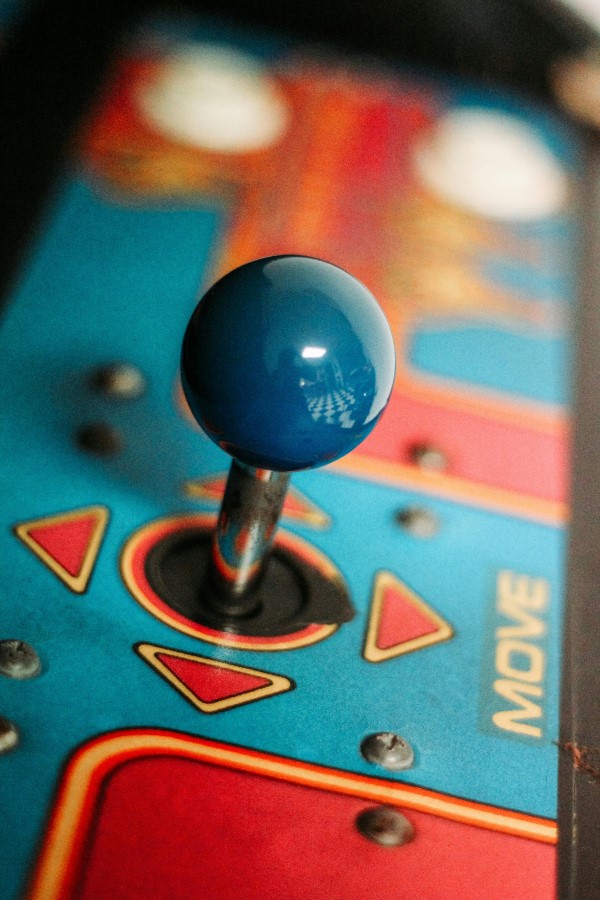Exergaming for Pediatric Stroke Study
Overview
 This study explores how movement-controlled video games (“exergaming”) can support rehabilitation and promote health in young people with neurological injury, including pediatric stroke survivors. By combining wearable sensors and interactive gaming, the research team aims to understand how game-based exercise impacts physical activity, motor control, and engagement during rehabilitation. The findings will inform development of accessible, motivating home-based therapy tools for children and adolescents living with stroke-related or similar disabilities.
This study explores how movement-controlled video games (“exergaming”) can support rehabilitation and promote health in young people with neurological injury, including pediatric stroke survivors. By combining wearable sensors and interactive gaming, the research team aims to understand how game-based exercise impacts physical activity, motor control, and engagement during rehabilitation. The findings will inform development of accessible, motivating home-based therapy tools for children and adolescents living with stroke-related or similar disabilities.
Population of the study: Individuals aged 12 to 21 years with a neurological injury (including stroke) that affects daily activities or arm function
Intervention: A single in-person gaming session (up to 4 hours, may be divided across days) at Rice University’s BioScience Research Collaborative, during which participants wear biosensors and play movement-based video games designed to assess motor performance and engagement.
Control: This is an exploratory, single-session study without a separate control group; all participants engage in the same exergaming-based activity protocol.
Outcomes:
- Physiologic and motor data (via biosensors) to quantify movement and exertion
- Measures of engagement, task performance, and participant satisfaction
- Feasibility and usability of exergaming in youth with neurological impairment
Trial Information
Target Enrollment: approximately 15 participants
Funder: Rice University Department of Bioengineering, UTHealth Houston Pediatrics Pilot Grant Program
Duration of Study: 1 or 2 visits, depending on availability (up to 4 hours); study duration is approximately 1 year
UTHealth Houston Investigator

Child & Adolescent Neurology
McGovern Medical School at UTHealth Houston
6410 Fannin, Suite 1535
Houston, TX 77030
(p): 713-500-7164
Principal Investigator
Momona Yamagami, PhD, Assistant Professor of Electrical and Computer Engineering, Rice University